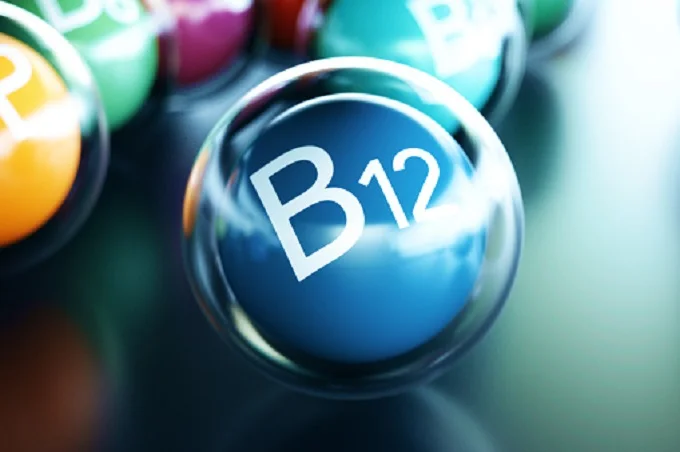Vitamin B12 (cyanocobalamin) is essential for many metabolic and hormonal processes in the body, including the production of red blood cells (red blood cells) and digestive enzymes, the transport of nutrients into cells, the formation, and regeneration of nerve fibers, etc.
Lack of this vitamin can cause anemia, heart and vascular problems, shortness of breath, and cognitive impairment. Most of the B12 deficiency is experienced by people whose diets are not very diverse, including vegans and vegetarians and Crohn’s disease.
You can make up for the lack of cyanocobalamin with the help of supplements or by including these several foods in the diet.
Salmon
One hundred grams of salmon contains three micrograms of vitamin B12, equal to the daily intake of this substance for an adult. In addition to B12, salmon contains protein and omega-3 fatty acids good for the heart and nervous system.
To reduce the risk of developing cardiovascular and neurodegenerative diseases, doctors recommend consuming at least two servings of oily fish per week.
Beef
In general, beef is rich in vitamin B12, but the amount in the beef tenderloin and, for example, in the liver is dramatically different. One hundred grams of tenderloin contains three micrograms of B12, while the liver contains a whopping 60 micrograms. Also, beef contains iron, potassium, phosphorus, and zinc.
Eat red meat in moderation because it is high in saturated fat, which can raise bad cholesterol levels and increase your risk of heart disease.
Milk
Milk is rich not only in vitamin B12 but also in calcium and vitamin D, which are essential nutrients for maintaining healthy bones and teeth. Limit milk intake only for those allergic to milk protein or lactose (milk sugar) intolerance.
Yogurt
Like milk, yogurt contains vitamin B12, calcium, protein, vitamin D, and probiotics (beneficial bacteria) that improve digestion and strengthen immunity.
It is best to choose plain, unflavored Greek yogurt as it is lower in sugar and calories. But if you want to diversify the taste of yogurt, you can put some berries and nuts in it.
Eggs
Eggs are an important source of vitamin B12, but unfortunately, we absorb only part of the cyanocobalamin. However, with the regular use of eggs, the vitamin B12 in the body still gradually increases, so you should not completely exclude this product from the diet.
Cheese
One hundred grams of cheese contains approximately 1.5 micrograms of vitamin B12, which is half the daily value. However, it would help if you ate cheese in limited quantities, as it is high in calories and fat. Mozzarella, ricotta, feta cheese, and some types of goat cheeses are relatively low in calories.
Tuna
In addition to vitamin B12, tuna is rich in protein, vitamin D, omega-3 fatty acids, potassium, phosphorus, chromium, etc. Tuna is often sold canned, but often this fish is eaten raw, for example, in Japanese dishes: sushi rolls, sashimi, etc.
